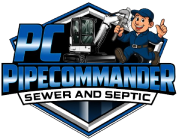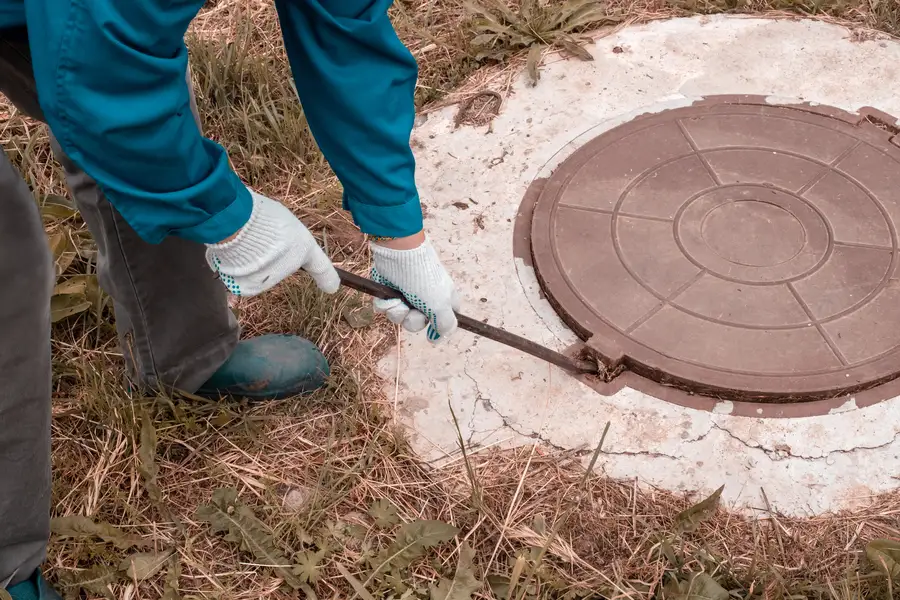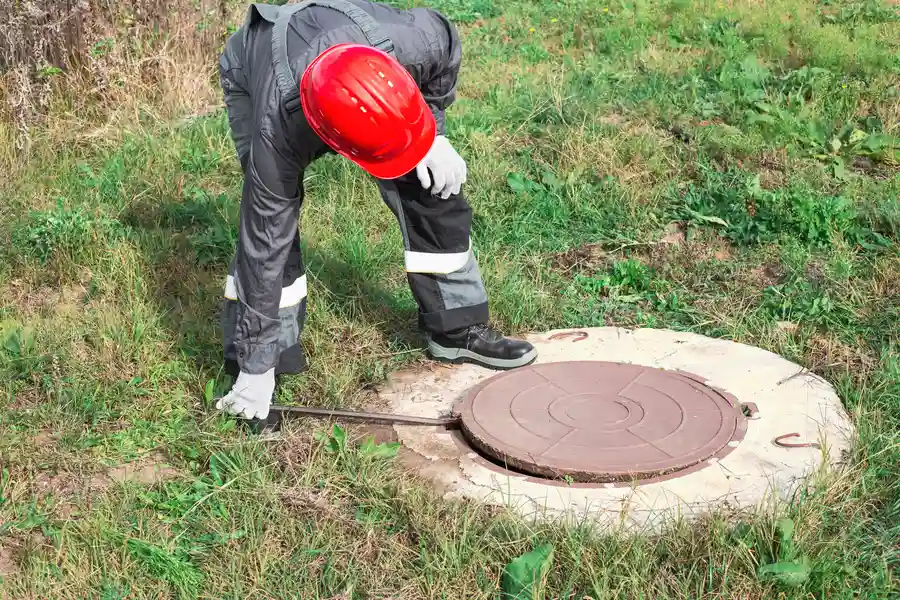The Basics of How Your Septic System Works
Septic systems are crucial for homes not connected to a city sewer line. They manage and treat wastewater efficiently. Understanding how they work can help you maintain them better. A septic system consists of a tank, drain field, and soil absorption area. Wastewater flows from your house into the tank, where it separates into solid waste and liquid. Solids settle at the bottom, and liquids flow to the drain field. Here, nature takes over, filtering and treating the water through soil and bacteria.
Identifying Common Signs of Septic Problems
A failing septic system can cause numerous problems. Recognizing these signs early can save you time and money. If you experience slow drains, unpleasant odors, or water pooling in your yard, these could be indicators of trouble. Addressing these issues quickly is key. For example, if your toilet flushes slower than normal, it might be a sign of a clog or full tank. Investing in regular inspections and maintenance can prevent serious complications down the road.
The Importance of Professional Assistance
Septic repair should always involve an expert. Professionals have the tools and knowledge to handle complex issues safely. Attempting repairs without expertise can lead to further damage or potential health hazards. Professionals are trained to assess the situation accurately and offer effective solutions. Hiring a qualified technician ensures the job is done right the first time, saving you future headaches.
What to Expect During Septic Repair Services
When scheduling septic repair, knowing what to expect can ease the process. Technicians will evaluate your system’s condition before proceeding with any repairs. Common procedures include pumping out the tank, fixing leaks, or replacing faulty components. Being informed about these steps helps you make educated decisions about necessary repairs. Regular upkeep prevents expensive emergencies and extends the lifespan of your system.
Best Practices for Maintaining Your Septic System
Maintaining your septic system is vital for its longevity and efficiency. Here are some best practices:
- Avoid flushing non-biodegradable items like wipes and sanitary products
- Use water efficiently to reduce strain on the system
- Schedule routine inspections and pumpings every 3-5 years
- Keep trees away from the drain field to prevent root intrusion
Navigating Industry Standards and Regulations
Adhering to industry standards is essential for homeowners. Local regulations dictate proper installation and maintenance procedures, ensuring public health and environmental safety. These guidelines vary by location but often require specific permits for installations and modifications. Staying informed about these rules helps avoid legal issues and fines while promoting a healthy environment.
Cost Considerations in Septic Maintenance
Managing expenses related to septic systems requires careful planning. Factors influencing costs include the size of your system, frequency of use, and local service rates. While initial installation may seem costly, proper maintenance minimizes long-term expenses. Compare prices from different service providers and look for quality guarantees. Well-maintained systems reduce emergency repair costs and improve property value.
Take Action Today With Professional Septic Solutions
Your septic system plays a critical role in your home’s infrastructure. Avoid problems by maintaining it regularly. Contact Pipe Commander Sewer And Septic at (425) 336-4481 to discuss your needs with our experts. Based in Everett, WA, we are committed to providing reliable services tailored to your requirements. Trust us for comprehensive care that keeps your system running smoothly.


